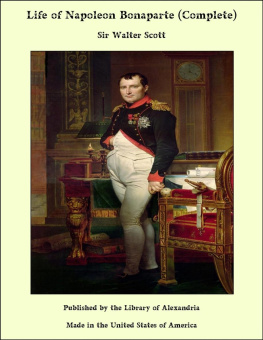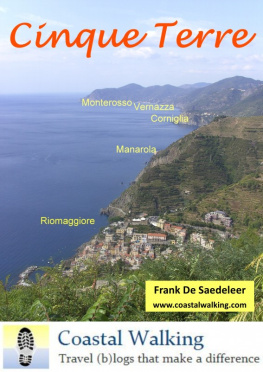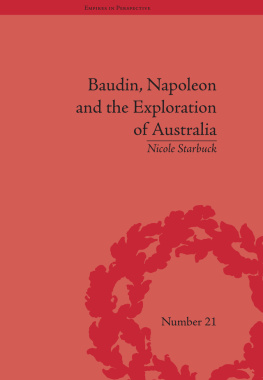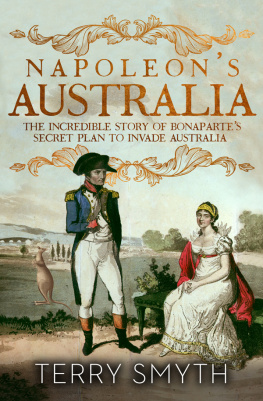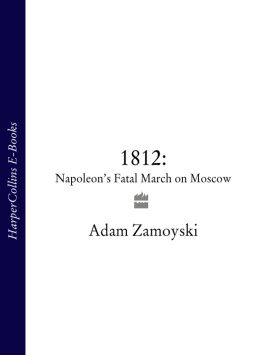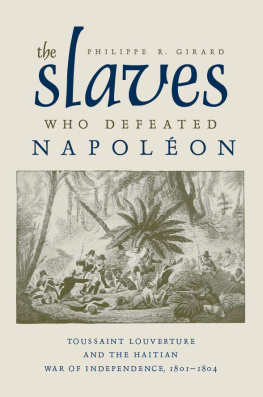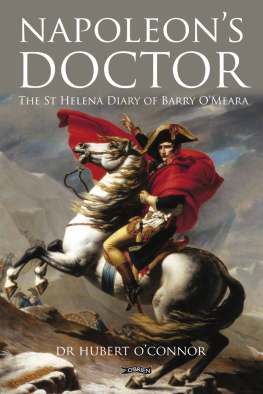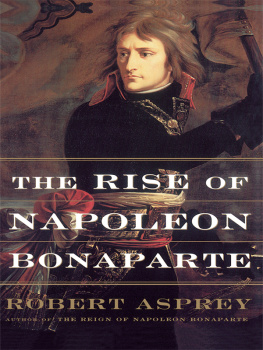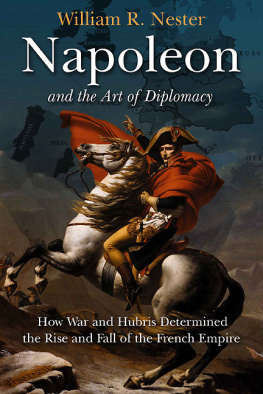Scott - Terre Napoleón; a History of French Explorations and Projects in Australia
Here you can read online Scott - Terre Napoleón; a History of French Explorations and Projects in Australia full text of the book (entire story) in english for free. Download pdf and epub, get meaning, cover and reviews about this ebook. year: 2019, publisher: Good Press, genre: History. Description of the work, (preface) as well as reviews are available. Best literature library LitArk.com created for fans of good reading and offers a wide selection of genres:
Romance novel
Science fiction
Adventure
Detective
Science
History
Home and family
Prose
Art
Politics
Computer
Non-fiction
Religion
Business
Children
Humor
Choose a favorite category and find really read worthwhile books. Enjoy immersion in the world of imagination, feel the emotions of the characters or learn something new for yourself, make an fascinating discovery.

Terre Napoleón; a History of French Explorations and Projects in Australia: summary, description and annotation
We offer to read an annotation, description, summary or preface (depends on what the author of the book "Terre Napoleón; a History of French Explorations and Projects in Australia" wrote himself). If you haven't found the necessary information about the book — write in the comments, we will try to find it.
Terre Napoleón; a History of French Explorations and Projects in Australia — read online for free the complete book (whole text) full work
Below is the text of the book, divided by pages. System saving the place of the last page read, allows you to conveniently read the book "Terre Napoleón; a History of French Explorations and Projects in Australia" online for free, without having to search again every time where you left off. Put a bookmark, and you can go to the page where you finished reading at any time.
Font size:
Interval:
Bookmark:

LE GOGRAPHE AND LE NATURALISTE
From the drawing in Freycinet's Atlas of 1807.
36 ESSEX STREET W.C.
LONDON.
SECOND EDITION 1911.
MAP OF NEW HOLLAND (AUSTRALIA)
From Freycinet's Atlas of 1807.
Causes of this variation from the usual course of history.
English and French colonisation during the Napoleonic wars.
The height of the Napoleonic empire and the entire loss of the French colonies.
The British colonial situation during the same period.
The colony at Port Jackson in 1800.
Its defencelessness.
The French squadron in the Indian Ocean.
Rear-Admiral Linois. The audacious exploit of Commodore Dance, and Napoleon's direction to "take Port Jackson" in 1810.
Thoroughness of Flinders' work.
His aims and methods.
His explorations; the theory of a Strait through Australia.
Completion of the map of the continents.
A direct succession of great navigators: Cook, Bligh, Flinders, and Franklin.
What Flinders learnt in the school of Cook: comparison between the healthy condition of his crew and the scurvy-stricken company on the French vessels.
Flinders cautious.
Interview of the two captains.
Pron's evidence.
The chart of Bass Strait.
Second interview: Baudin inquisitive.
Baudin's account of his explorations.
Baudin's statement corroborated by documents.
Examination of Freycinet's statement.
The impossibility of doing what Pron and Freycinet asserted was done.
The French atlas of 1807.
The French charts and the names upon them.
Hurried publication.
The allegation that Pron acted under pressure.
Freycinet's explanations.
His failure to meet the gravest charge.
Extent of the actual discoveries of Baudin, and nature of the country discovered.
The French names in current use on the so-called Terre Napoleon coasts.
Difficulty of identifying features to which Baudin applied names.
Freycinet's perplexities.
The new atlas of 1817.
Lack of evidence to support the charges.
Font size:
Interval:
Bookmark:
Similar books «Terre Napoleón; a History of French Explorations and Projects in Australia»
Look at similar books to Terre Napoleón; a History of French Explorations and Projects in Australia. We have selected literature similar in name and meaning in the hope of providing readers with more options to find new, interesting, not yet read works.
Discussion, reviews of the book Terre Napoleón; a History of French Explorations and Projects in Australia and just readers' own opinions. Leave your comments, write what you think about the work, its meaning or the main characters. Specify what exactly you liked and what you didn't like, and why you think so.







